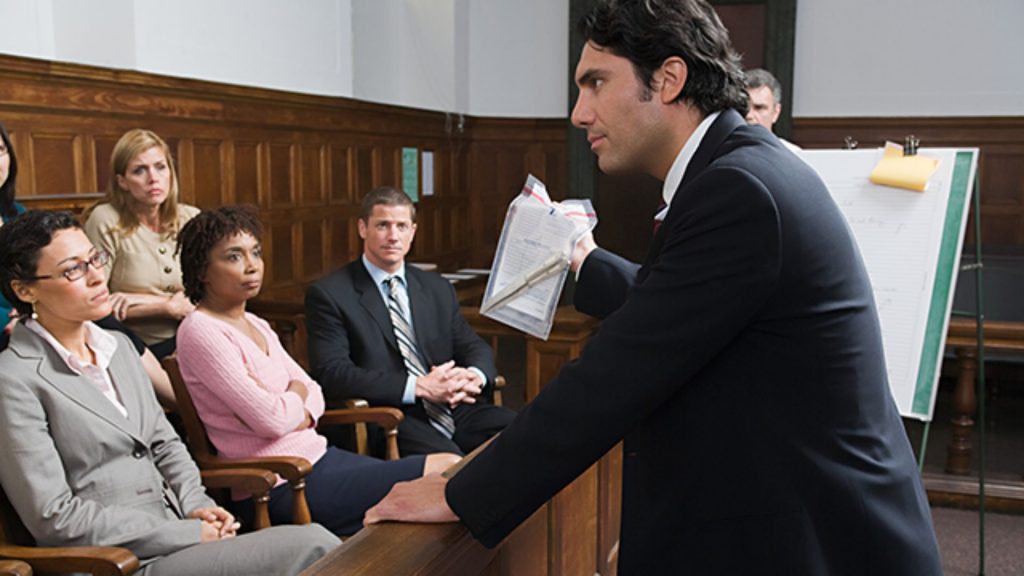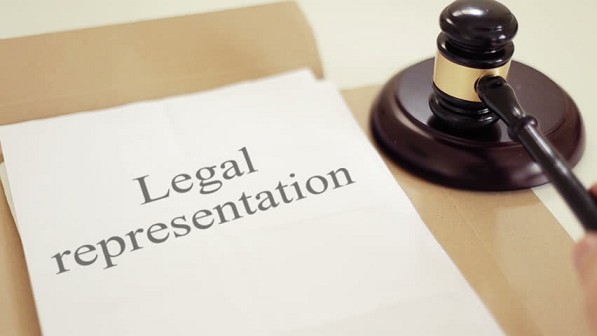Criminal Court Representation: What to Expect During Your Trial
Facing criminal charges can be one of the most daunting experiences an individual can encounter. Understanding the trial process and what to expect during criminal court representation is essential for adequately preparing for the proceedings ahead. This guide aims to outline the critical stages of a criminal trial, the role of a criminal court lawyer, and what defendants can anticipate throughout the process.
1. The Importance of Criminal Court Representation
Having a skilled criminal defense attorney is crucial when facing criminal charges. A lawyer’s representation can significantly influence the outcome of your case, as they will:
- Protect Your Rights: An experienced attorney ensures that your constitutional rights are upheld throughout the trial process.
- Build a Strong Defense: A proficient lawyer will analyze evidence, identify potential defenses, and develop strategies tailored to your specific situation.
- Negotiate on Your Behalf: Your attorney plays a vital role in negotiating plea deals with the prosecution to achieve the best possible outcome.
- Represent You in Court: Throughout the trial, your lawyer represents you by presenting evidence, questioning witnesses, and arguing on your behalf.
2. Key Stages of a Criminal Trial
Criminal trials typically occur in several stages. Understanding these stages can help you prepare for what lies ahead:
A. Jury Selection
Overview: The trial begins with the selection of jurors who will hear the case. This process, known as “voir dire,” involves questioning prospective jurors to determine their impartiality and suitability.
What to Expect:
- Both the defense and prosecution will have an opportunity to question potential jurors.
- Each side can dismiss certain jurors for specific reasons—known as “for cause” challenges or “peremptory” challenges.
- The goal is to assemble an impartial jury that can fairly evaluate the evidence presented.
B. Opening Statements
Overview: After the jury has been selected, both the prosecution and defense deliver opening statements. These statements provide a roadmap for the jury regarding what each side intends to prove during the trial.
What to Expect:
- The prosecutor will outline the case against the defendant, highlighting key evidence they plan to present.
- The defense attorney will offer a counter-narrative, indicating what evidence they will present to support the defense.
- Opening statements are not arguments; rather, they summarize the anticipated evidence.
C. Presentation of Evidence
Overview: The trial’s core phase involves the presentation of evidence through witnesses, documents, and expert testimony.
What to Expect:
- Prosecution’s Case: The prosecution presents its case first, calling witnesses and presenting evidence to support each element of the charges.
- Cross-Examination: The defense attorney has the opportunity to cross-examine witnesses presented by the prosecution, challenging their credibility and the reliability of their testimony.
- Defense Presentation: After the prosecution rests its case, the defense may present their own evidence and witnesses to establish reasonable doubt or alternative narratives.
- Rebuttal: In some cases, the prosecution may present rebuttal evidence to counter the defense’s arguments.

D. Closing Arguments
Overview: Once both sides have presented their evidence, they will deliver closing arguments to summarize the case for the jury.
What to Expect:
- The prosecutor will outline the evidence presented and argue how it fulfills the burden of proof necessary for conviction.
- The defense will emphasize weaknesses in the prosecution’s case and argue for acquittal based on the evidence or lack thereof.
- Closing arguments allow both sides to appeal to the jurors’ emotions and reasoning before they deliberate.
E. Jury Deliberation
Overview: After closing arguments, the jury will retire to deliberate on the case. Their goal is to reach a verdict based on the evidence presented during the trial.
What to Expect:
- Jurors will discuss the evidence, applying the standard of “beyond a reasonable doubt” for criminal convictions.
- Depending on the complexity of the case, deliberation can take anywhere from a few hours to several days.
- In some instances, jurors may request to review evidence or testimony as they deliberate.
F. Verdict
Overview: Once the jury reaches a decision, they will return to the courtroom to deliver the verdict.
What to Expect:
- The jury will declare whether the defendant is “guilty” or “not guilty” based on the evidence.
- In a guilty verdict, the judge will schedule a separate hearing for sentencing, where the penalties and consequences will be determined.
3. The Role of Your Criminal Lawyer During the Trial
Throughout the trial process, your criminal lawyer plays several crucial roles:
A. Legal Representation
Your attorney will represent you in court, making legal arguments and objections as necessary. They will also communicate with the judge and prosecution on your behalf.

B. Strategic Guidance
Your lawyer will guide you through each trial stage, preparing you for the courtroom environment, expected procedures, and potential questions during testimonies.
C. Building Your Defense
Your attorney is responsible for developing and executing a robust defense strategy tailored to the specifics of your case. This may involve:
- Collecting and presenting evidence
- Engaging expert witnesses
- Investigating alternative narratives
D. Emotional Support
Facing a criminal trial can be an incredibly stressful experience. A competent lawyer will not only handle legal matters but also provide emotional support, helping you navigate the complexities and uncertainty of the process.
4. Conclusion
Understanding what to expect during your criminal trial is vital for managing the anxiety and challenges associated with facing criminal charges. With a skilled criminal defense lawyer by your side, you can navigate the process more effectively and ensure that your rights are protected.
From jury selection to closing arguments, being informed about the trial stages enables you to prepare for each phase thoughtfully. Engaging an attorney with experience in criminal law will provide the legal support and expertise necessary for advocating on your behalf.
Whether you’re facing minor infractions or serious charges, securing competent criminal court representation is essential for achieving the best possible outcome in your case. Don’t hesitate to reach out for help and ensure that you have the legal assistance you need during your trial.
